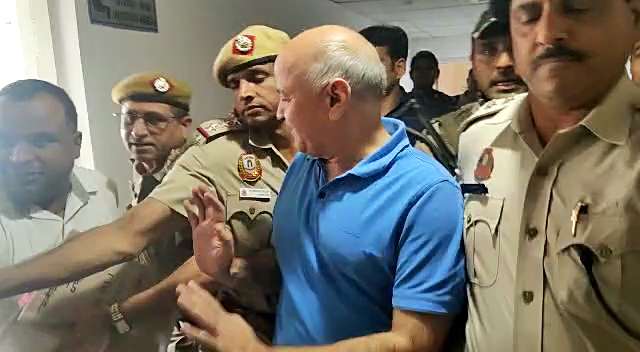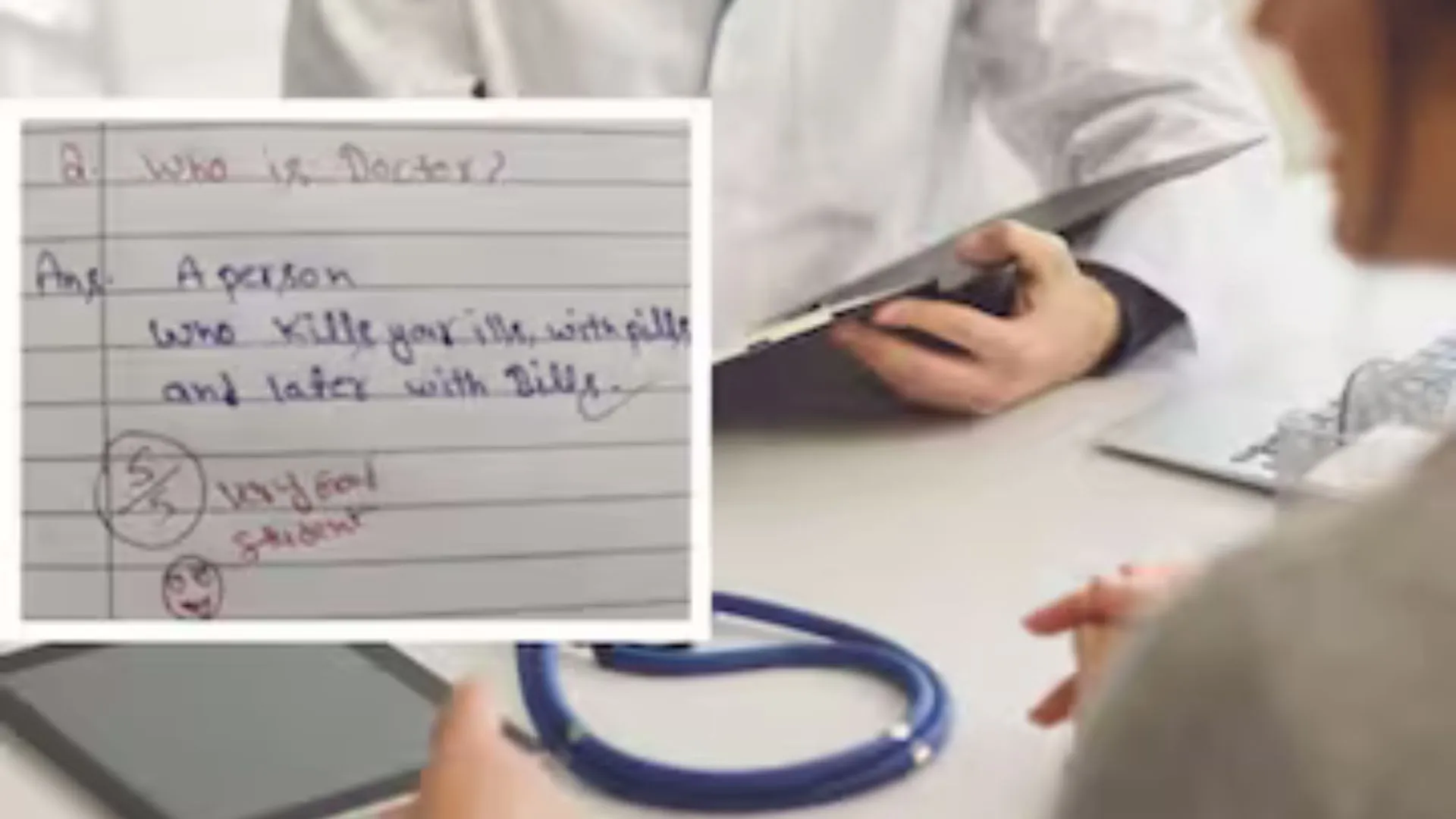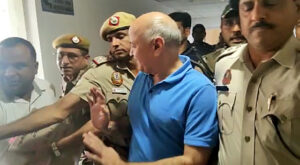The Delhi High Court issued a notice to the Central Bureau of Investigation (CBI) on Thursday in response to a bail petition filed by Delhi’s former Deputy Chief Minister Manish Sisodia challenging a trial court order denying bail in a CBI case involving alleged irregularities in the formulation and implementation of the Delhi Government’s excise policy. The bench of Justice Dinesh Kumar Sharma on Thursday sought a response from the CBI on Manish Sisodia’s plea and scheduled the next hearing for April 20, 2023. Sisodia was arrested by the CBI on February 26, 2023, and is presently in Judicial custody. His bail plea was on March 31, 2023, by the trial Court in the case.
The trial court while dismissing Sisodia’s bail plea said, “The court is not inclined to release him on bail at this stage of investigation of the case as his release may adversely affect the ongoing investigation and will also seriously hamper the progress”.
Special Judge MK Nagpal dismissed the bail plea and said, “In the opinion of this court, the allegations made against the applicant/Manish Sisodia are serious in nature and at this stage of the case, he does not deserve to be released on bail as he has been arrested in this case only on 26.02.2023 and investigation even qua his role has still not been completed, what to say about some other co-accused involved in the case whose roles are also yet being investigated.”
“Further, the applicant (Manish Sisodia) does not even satisfy the triple test keeping in view his conduct as reflected by the destruction or non-production of his previous mobile phones of the relevant period and also the apparent role played by him in not producing or missing of the file of one Cabinet Note put up through the then Excise Commissioner Rahul Singh, there may be serious apprehensions of destruction or tampering of some further evidence and even of influencing of some prime witnesses of this case by him or at his instance, in case he is released on bail by the court,” the court noted.
According to the CBI, Sisodia had played the most important and vital role in the criminal conspiracy and he had been deeply involved in the formulation as well as the implementation of the said policy to ensure the achievement of the objectives of the said conspiracy.”The payment of advance kickbacks of around Rs 90-100 crore was meant for him and his other colleagues in the GNCTD and Rs 20-30 crore out of the above are found to have been routed through the co-accused Vijay Nair, Abhishek Boinpally and approver Dinesh Arora and in turn, certain provisions of the excise policy were permitted to be tweaked and manipulated by the applicant to protect and preserve the interests of South liquor lobby and to ensure repayment of the kickbacks to the said lobby,” stated CBI.
The evidence collected so far clearly shows that the applicant through the co-accused Vijay Nair was in contact with the South lobby and formulation of a favourable policy for them was being ensured at every cost and a cartel was permitted to be formed to achieve a monopoly in sale of certain liquor brands of favoured manufacturers and it was permitted to be done against very objectives of the policy.
“Thus, as per allegations made by the prosecution and the evidence collected in support thereof so far, the applicant can prima facie be held to be the architect of the said criminal conspiracy,” noted the Court
Sisodia, in his bail petition in a trial court, stated that no fruitful purpose would be served to keep him in custody as all the recoveries in the case have already been made.
Sisodia also stated that he joined the investigation as and when called for by the CBI. The other accused persons arrested in this case have already been granted bail, Sisodia noted further, adding that he held the important constitutional post of deputy CM of Delhi and has deep roots in the society.
However, Sisodia later tendered his resignation as deputy CM in light of his arrest in the liquor policy case.
The CBI, represented by advocate DP Singh, opposed Sisodia’s bail plea stating, “If he is granted bail this will scuttle and compromise our investigation as the influence and interference are writ large,” CBI said.
The agency further claimed that Sisodia said he destroyed phones because he wanted to upgrade but nothing of the kind happened. “According to us, he did this to destroy the chat. He (Manish Sisodia) might not be at a flight risk, but he is a definite risk who will destroy evidence, this cannot be ignored,” CBI added, opposing Sisodia’s bail plea.
The CBI also submitted that between March 14-17, 2021, the South Group was residing in Oberoi, adding that they prepared a note and took a printout.
“They got 36 pages of photocopies. There were meetings and a printout was made. We have evidence to show that clauses were given and a report was prepared,” the CBI stated.Previously, the Rouse Avenue Court, in sending Sisodia to CBI remand, directed that the accused’s interrogation during the remand period be conducted at a location with CCTV coverage, in accordance with Supreme Court guidelines, and that the footage be preserved by the CBI.
Sisodia was arrested as part of an ongoing investigation into alleged irregularities in the formulation and implementation of the Government of the National Capital Territory of Delhi’s excise policy.
Previously, the trial court noted that the accused had previously joined the investigation of this case on two occasions, but he had failed to provide satisfactory answers to the majority of the questions posed to him during his participation.







